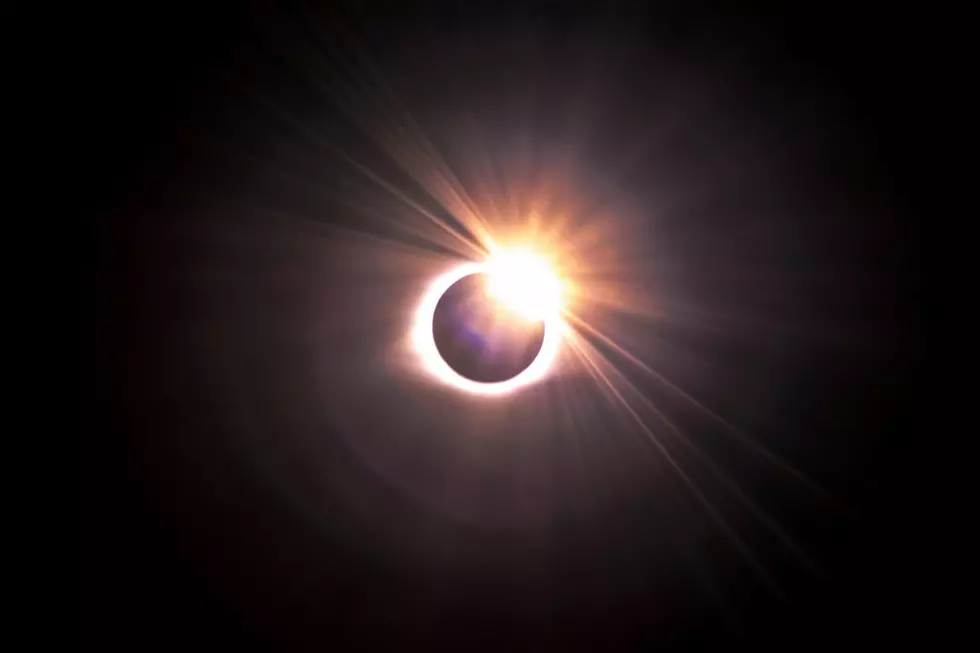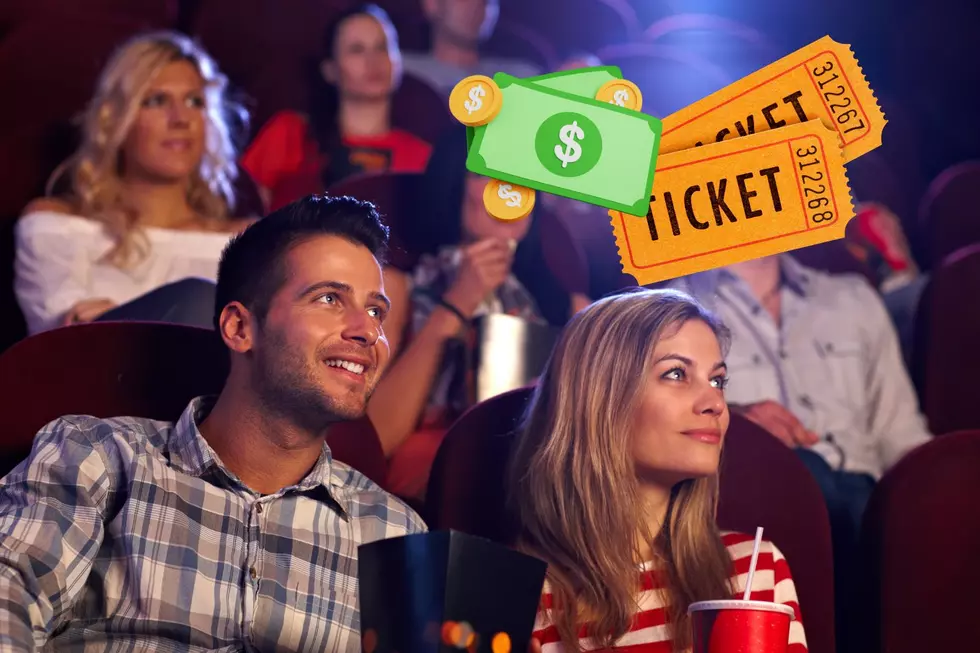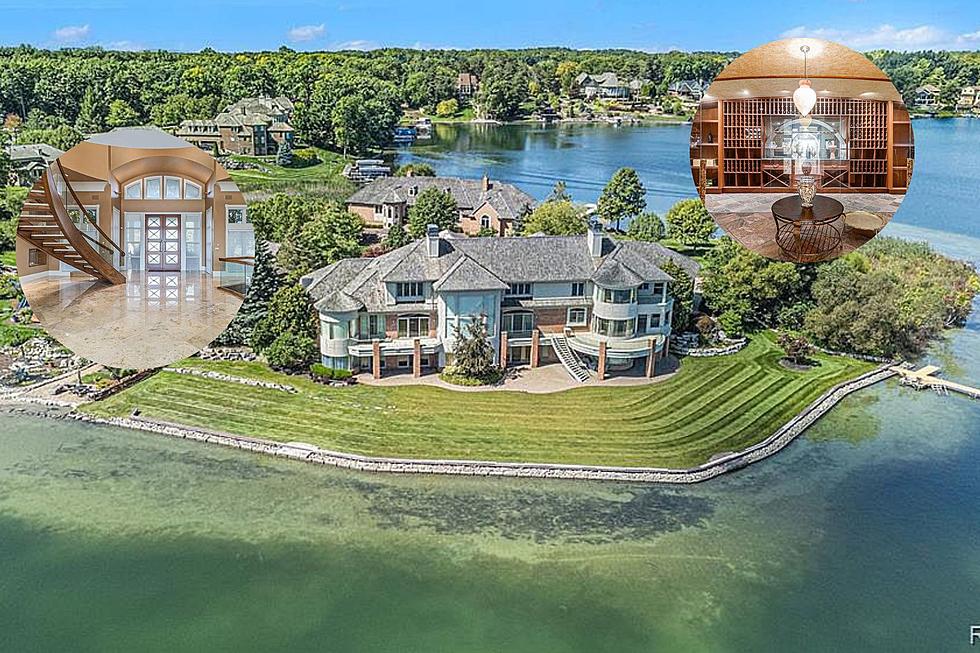
What Happens if You Look Directly at a Solar Eclipse?
This year's solar eclipse has almost arrived! So, what exactly happens if you were to look at it without protection?
On Monday (Apr. 8), the full solar eclipse will take place across the country with some having the total solar eclipse viewing while other places will get a partial viewing. According to NASA, viewing any level of a solar eclipse (aside from the brief moment of the moon blocking the sun completely) is EXTREMELY dangerous without proper protection.
Solar eclipse viewers should NOT view the eclipse through a camera lens, binoculars or telescope without a special filter for the solar eclipse secured over the lens/scope. People who view the solar eclipse without safety will risk severe eye injury.
So, what happens to your eyes if you watch the solar eclipse without protection? The retina doesn't have pain receptors, so when the rays of the sun burn the cells in your retina, you can't feel it. These cells cannot regenerate once they are gone. Symptoms of this include blurred vision and color distortion and it has a term, solar retinopathy.
“It can be dangerous if we aren’t careful, but it’s also very safe if we take the basic precautions,” said Dr. Geoffrey Emerson, a board member of the American Society of Retina Specialists, told NBC of the danger.
Sunglasses are NOT equipped to protect your vision for the solar eclipse. You have to use special glasses that are "thousands" of times darker than a pair of sunglasses. Solar eclipse glasses need to comply with the ISO 12312-2 international standard for safe viewing. If your solar eclipse glasses are scratched, torn or damaged, do NOT use it.
Celebrities Who Lived to 100
Gallery Credit: Ryan Reichard





